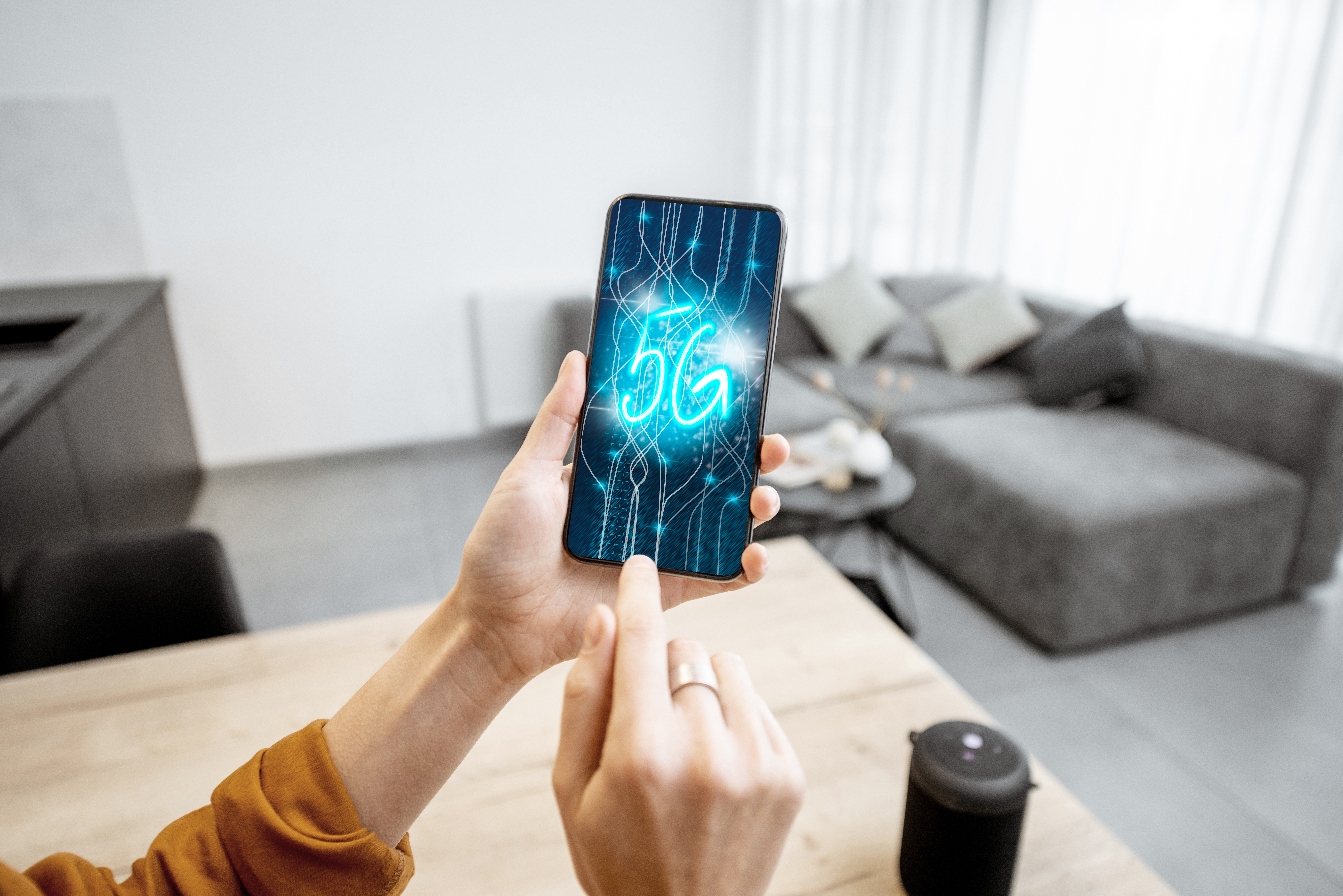The Rise of 5G network
Published: 6.16.2023
5G, the fifth generation of cellular network technology, is poised to transform our lifestyles, occupations, and recreational activities. With its promise of significantly faster speeds, reduced latency, and enhanced capacity compared to the current standard of 4G LTE, 5G opens up exciting possibilities for a variety of new applications and services, including:
Virtual reality and augmented reality: Through 5G's high speeds and minimal latency, real-time streaming of VR and AR content becomes seamless, eliminating any lag. This breakthrough allows for groundbreaking advancements in gaming, entertainment, and education.

With 5G's expansive bandwidth, self-driving cars can communicate with each other and infrastructure instantaneously. This real-time connectivity greatly enhances safety and efficiency in autonomous transportation.
Leveraging 5G's low latency, surgeons can control robotic arms in real-time, even from remote locations. This capability enables surgical procedures to be performed on patients situated in distant areas.
Thanks to 5G's substantial capacity, billions of devices can connect to the internet simultaneously. This capability paves the way for innovative applications in smart cities, smart homes, and industrial automation.
While the 5G network is still undergoing early development stages, its widespread availability is anticipated within the next few years. As 5G becomes more ubiquitous, its profound impact on our lives will become increasingly evident. It will revolutionize communication, work processes, and our interactions with the world around us.
Here are some of the advantages of 5G:
5G is projected to be up to 100 times faster than 4G LTE. Consequently, downloading files, streaming videos, and gaming will be significantly faster than current capabilities.
Latency refers to the time taken for data to travel from one point to another. 5G exhibits substantially lower latency than 4G LTE, resulting in minimal delays when using real-time communication applications like gaming and video conferencing.
5G boasts a far greater capacity compared to 4G LTE, enabling the connection of numerous devices to the network simultaneously without experiencing congestion. This attribute is crucial for the Internet of Things (IoT) applications, where millions of devices are expected to be interconnected.
5G represents a monumental technological breakthrough that has the potential to reshape our lives and occupations. As it becomes increasingly prevalent, we can anticipate the emergence of novel and inventive applications that capitalize on its speed, low latency, and expanded capacity.
5G is the fifth generation of cellular network technology that is expected to revolutionize various aspects of our lives. It offers faster speeds, lower latency, and greater capacity than the current standard, 4G LTE. This advancement enables new applications such as virtual reality, self-driving cars, remote surgery, and massive IoT. As 5G becomes more widely available, it will have a profound impact on communication, work, and interactions. The key benefits of 5G include faster speeds, reduced latency, and increased capacity, which will enhance our ability to download files, stream videos, play games, and connect numerous devices to the network. Overall, 5G is a significant technological breakthrough with the potential to transform our daily experiences.


.png)


